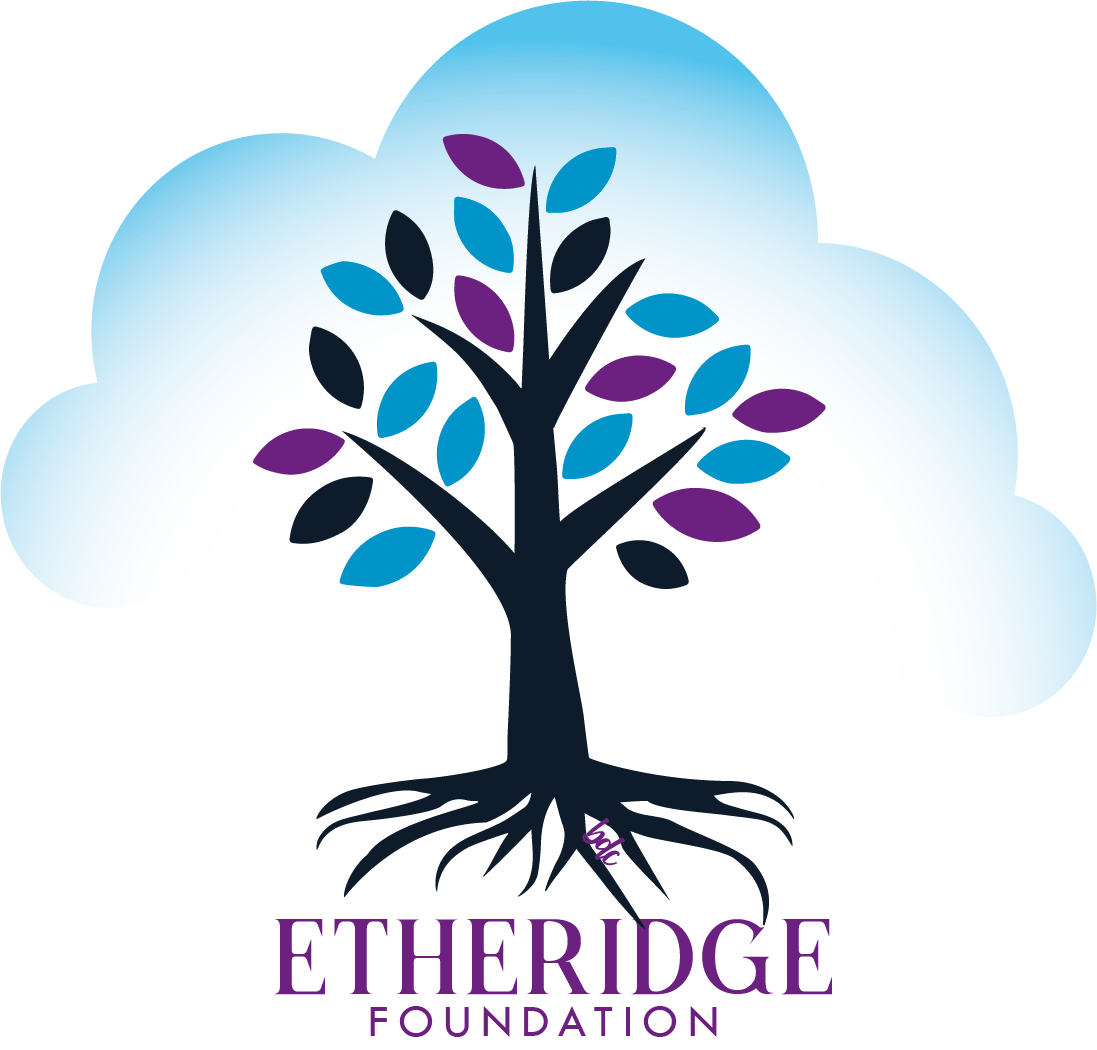What is LSD?
LSD (lysergic acid diethylamide) is a powerful psychedelic compound that is derived from ergot, a fungus that grows on certain grains like rye.
Although surrounded by a veil of myths and misconceptions, LSD has also played a significant role in advancing our understanding of the human mind and consciousness.
LSD has effects upon perception, thoughts, and feelings. Its effects can vary widely from person to person and can be influenced by the dosage taken, the set and setting (the user's mindset and physical environment), and individual differences.
Common experiences include sensory effects such as intensified colors, visual changes, and differences in perception of time and space. Users may also experience altered thoughts, emotions, and a sense of interconnectedness with the surroundings or other people. Some individuals report spiritual or mystical experiences while under the influence of LSD.
First synthesized by Swiss chemist Albert Hofmann in 1938, LSD, it wasn't until the 1940s that the psychedelic properties of LSD were discovered – when Hofmann accidentally ingested a small amount of the compound in 1943.
Hofmann's LSD experience, described as an altered state of consciousness or "trip", led to further investigations into LSD's effects – both within the scientific community and among countercultural groups.
Throughout the 1950s and 1960s, scientists explored the potential therapeutic uses of LSD, especially as a tool for psychiatric research and treatments. Researchers believed LSD had the potential to aid in the treatment of various mental health conditions, including anxiety and alcohol use disorder.
The subjective experiences reported by individuals under the influence of LSD fascinated scientists, artists, and writers, leading to a broader interest in exploring the potential of psychedelics.
In the 1960s, use of LSD expanded widely outside of lab settings and gained popularity as part of the counterculture, associated with the exploration of spirituality, expanded consciousness, and artistic expression. LSD was also associated with the large anti-war movement and protests opposing the Vietnam War.
The resulting political backlash led to the U.S. government, under President Richard Nixon, declaring a "War on Drugs" in the early 1970s – and to LSD research being heavily restricted and eventually halted.
Despite many documented therapeutic applications from decades of research, LSD was classified as a Schedule I controlled substance in the United States, making it illegal to manufacture, possess, or distribute.
In recent years, there has been a resurgence of interest in exploring the therapeutic potential of LSD. Researchers are now conducting studies to examine its effects on various mental health conditions, including depression, anxiety, post-traumatic stress disorder (PTSD), addiction, and end-of-life anxiety in terminally ill patients.
Psychedelic-assisted therapy is also a promising area of LSD research. Findings indicate that when administered in a supportive environment, LSD can enhance emotional introspection, promote self-reflection, and facilitate transformative experiences.
These properties have the potential to aid in the treatment of mental health disorders by helping patients confront and process underlying traumas and negative thought patterns.
However, LSD is not an appropriate medicine for every person – it can have unpredictable effects and may pose risks, especially for individuals with underlying mental health conditions or in uncontrolled environments.
This post is for informational purposes only and does not constitute medical or legal advice.


